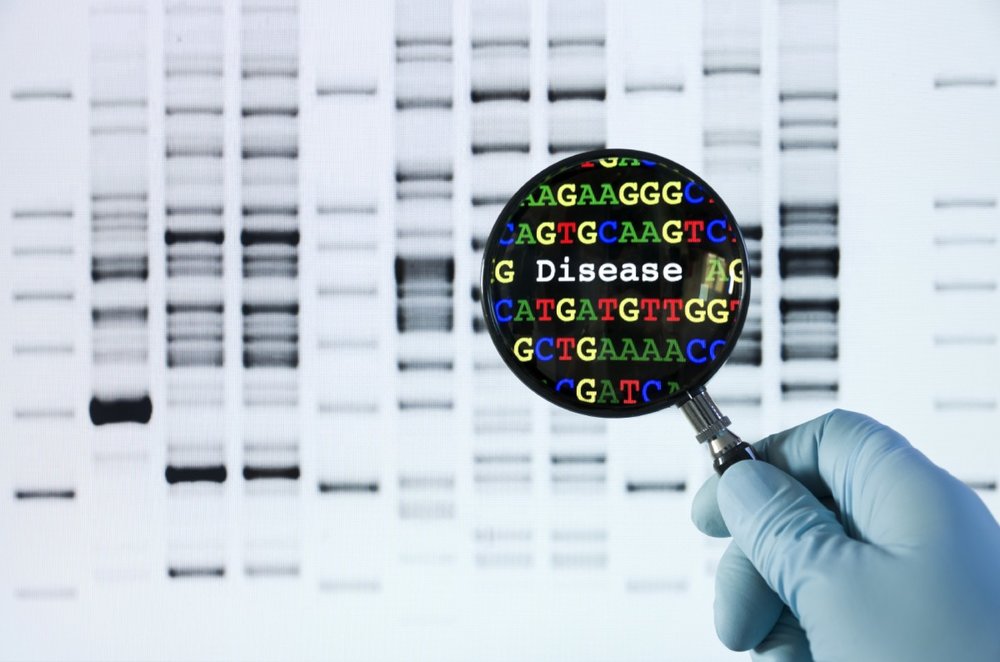Social genetic project to screen wide range of disorders

TEHRAN- The Ministry of Health has announced plans to screen a wide range of common and rare genetic disorders under “the social genetic project”, ISNA reported on Saturday.
According to Ashraf Samavat, the ministry’s genetics department head, the project aims to expand genetic screening services all over the society, so all the people can benefit from it according to their real needs.
“The social genetic project begins with a screening package. After screening, the people who get a positive result must undergo a confirmation test, if the existence of a genetic disorder was confirmed, proper preventive measures or a treatment process will begin,” Samavat explained.
Common genetic disorders
The genetic screening consist of two parts; one for screening common disorders and the other for rare ones, Samavat said.
“In targeting common genetic disorders, three main screenings are conducted on general population. Screening of chromosome disorders like Down syndrome which is conducted during pregnancy, screening of inherited blood disorders like Thalassemia conducted before marriage and screening of inherited metabolic disorders conducted on newborns,” she added.
“We have been screening infants for one metabolic disorder, Phenylketonuria (PKU), for 10 years now, so we are going to adopt the same outline to pilot the screening of other metabolic disorders in some provinces and the procedure will apply to other areas if the pilot was successful.”“However, such large-scale programs need to be piloted first, so that their shortcomings will be revealed before their complete implementation,” she added.
“Screening of inherited blood disorders like Thalassemia has already been conducted in a national scale and has made tremendous success,” she said.
”Our next goal is to screen newborns for 22 different types of inherited metabolic disorders.”
“We have been screening infants for one metabolic disorder, Phenylketonuria (PKU), for 10 years now, so we are going to adopt the same outline to pilot the screening of other metabolic disorders in some provinces and the procedure will apply to other areas if the pilot was successful.”
“The screening for chromosomal disorders such as Down syndrome, Trisomy 18 and Trisomy 13 is being conducted in nine provinces including Tehran, Fars, Isfahan, Khorasan Razavi, Qazvin, Hamedan, Mazandaran, Alborz and Yazd. Each of these provinces are supposed to run the project in one of their cities and expand it to all their cities by the yearend (March 20, 2019),” she added.
Screening of rare genetic disorders
According to Samavat, in screening for rare genetic disorders two plans are devised. One is the congenital screening for new couples, which is being gradually carried out across the country and each province is tasked to apply it to all of its cities by the year end.
“The other plan targets all age groups. To this purpose, we have made an agreement with the Office of Population and Family Health, so that they include our genetic screening in the health packages that they have devised for different age groups,” she noted.
Genetic testing is a type of medical test that identifies changes in chromosomes, genes, or proteins. The results of a genetic test can confirm or rule out a suspected genetic condition or help determine a person's chance of developing or passing on a genetic disorder.
According to World Health Organization, The application of genomic research to public health services in the last decades has led to more accurate and faster diagnostic tests, the development of new drugs and to the early detection of genetic disorders.
But while wealthier countries have long been able to screen for the more common congenital disorders, low- and middle-income countries have been slower on the uptake. Lack of resources, lack of data on the true magnitude of the problem and lack of trained health professionals are only parts of the reason for this slow uptake.
SJ/MQ/MG
Leave a Comment